Just like the PC ecosystem, the NAS landscape is teeming with cool operating systems, each adding some unique functionality to your storage server. But once you fall down the slippery slope of NAS distros, you’ll come across operating systems that ship with premium licenses. And I don’t just mean distributions that require a paid subscription to unlock all features either; there are a couple of operating systems that won’t work unless you drop some dough on a license.
Now, here’s my controversial take: I just fail to see the point in choosing a premium NAS OS when the free-to-use distros offer a solid experience. Don’t get me wrong, developers in the home lab ecosystem deserve to get paid for their trouble, especially the ones working on something as complex as an operating system. But locking the entire OS behind a paywall doesn’t jive well with me, and I’d rather continue using the freemium options for my NAS workloads.
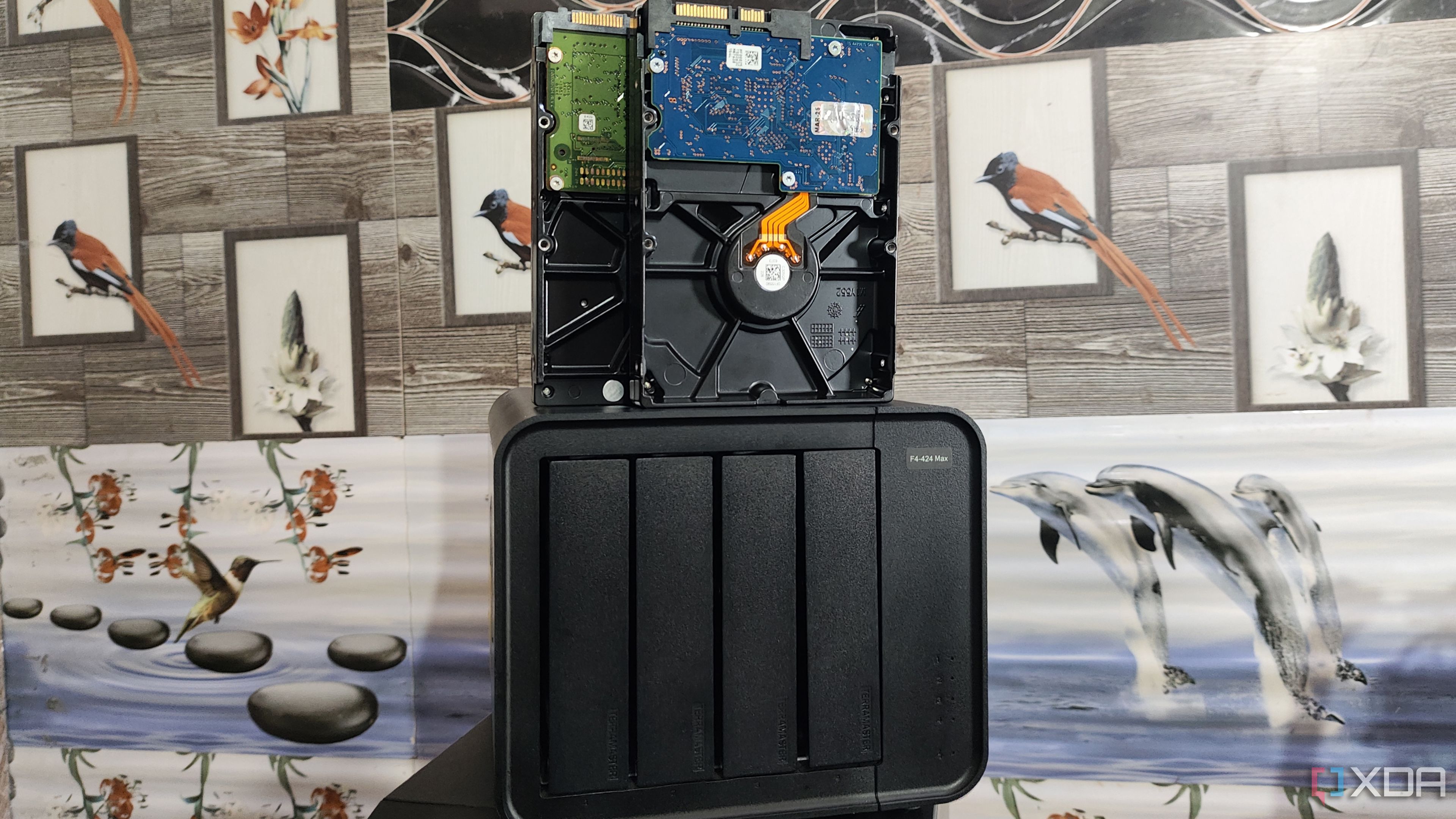
Related
I ordered refurbished HDDs for my NAS - are they really that bad?
While I wouldn't use them to store essential files, refurbished drives are somewhat useful in cost-effective file-sharing servers
A paid license adds to the overall cost of your NAS
You can ditch the license fee and grab better hardware
Let’s say you’re new to the NAS ecosystem and want to build a storage server without breaking the bank. You could either grab a budget-friendly NAS enclosure and arm it with your favorite distribution. Or you could go the whole hog and build one yourself with the ideal parts for your storage needs. For argument’s sake, let’s assume you’ve allocated $250 for the NAS rig and are planning to spend an additional $50 on storage drives, bringing the overall cost to $300.
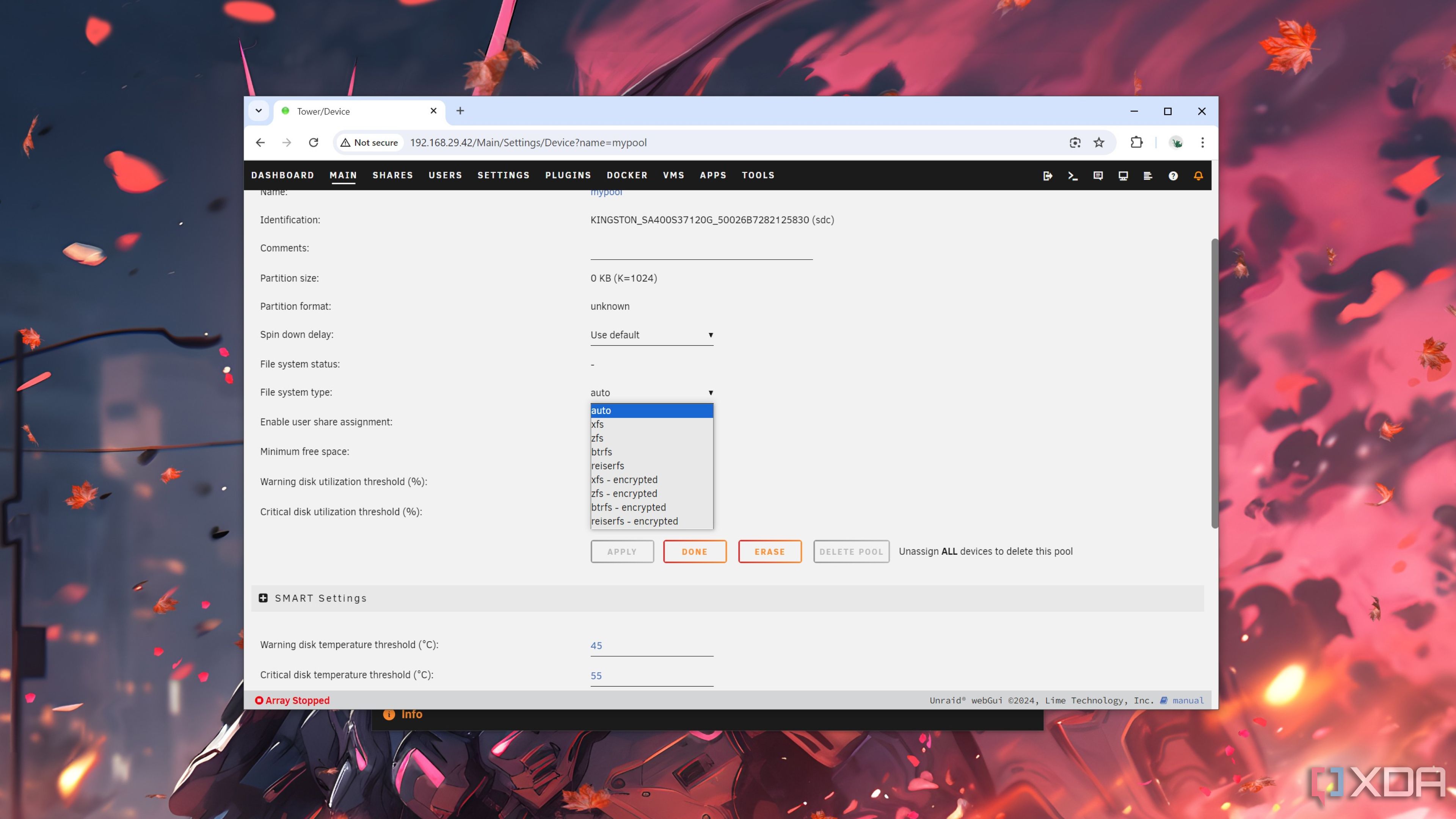
Unraid, the most popular premium NAS OS, charges $49 for a year's worth of updates and only supports a maximum of 6 drives in its cheapest license. Credit where it’s due, you don’t need to renew the plan if you don’t mind using an outdated version of the OS, and Unraid offers a $39 license extension to sweeten the deal. Assuming that you use the NAS for at least 2 years, you’re looking at an $88 subscription for the entire duration. That’s a considerable fraction of the initial NAS budget – and we haven’t even talked about the Unleashed or Lifetime license, the latter costing a whopping $249 per license.
Likewise, the early-access HexOS currently has a $199 lifetime license, which further increases the amount you’ll have to spend on your NAS. In fact, you could go for a free operating system and use the extra money on NICs, spare drives, a low-profile GPU, extra RAM, or even a better processor.
Plus, the free-to-use NAS operating systems are nothing to scoff at. While you may be inclined to believe otherwise, freemium (or outright FOSS) platforms often surpass their premium counterparts on several fronts.
Free distros offer a polished experience
TrueNAS Scale is an absolute powerhouse
TrueNAS Core was my first NAS-oriented operating system, and with Scale becoming more polished with each update, it’s my favorite distro for storage servers. Compared to its premium rivals, TrueNAS Scale has terrific performance on the virtualization and storage fronts. Sure, you might need some time to get accustomed to its UI, but it’s currently the best OS if you value sheer performance over all else.
Then there’s the fact that its ZFS implementation is among the best in the NAS distro landscape. I also require a hardcore RAID configuration for my home lab, and TrueNAS Scale’s support for multiple RAID levels makes it my top recommendation for data hoarders.
Flexibility is the name of the game with OpenMediaVault
On the other hand, OpenMediaVault is my favorite distro for lightweight devices that are underpowered for TrueNAS Scale and Unraid. On its own, OMV is a decent operating system that includes the basic features you’d want in a NAS-centric OS. But once you arm it with the right set of plugins, it can turn into a fearsome distro that’s as great at virtualization tasks as it is at powering your iSCSI drives – all without costing a single penny.
Plus, it’s compatible with devices featuring non-x86 architecture. Considering most of these systems, including Raspberry Pi SBCs, lie on the budget-friendly front, OMV serves as a great introduction to fledgling NAS users.
Even a Debian machine can double as a solid NAS
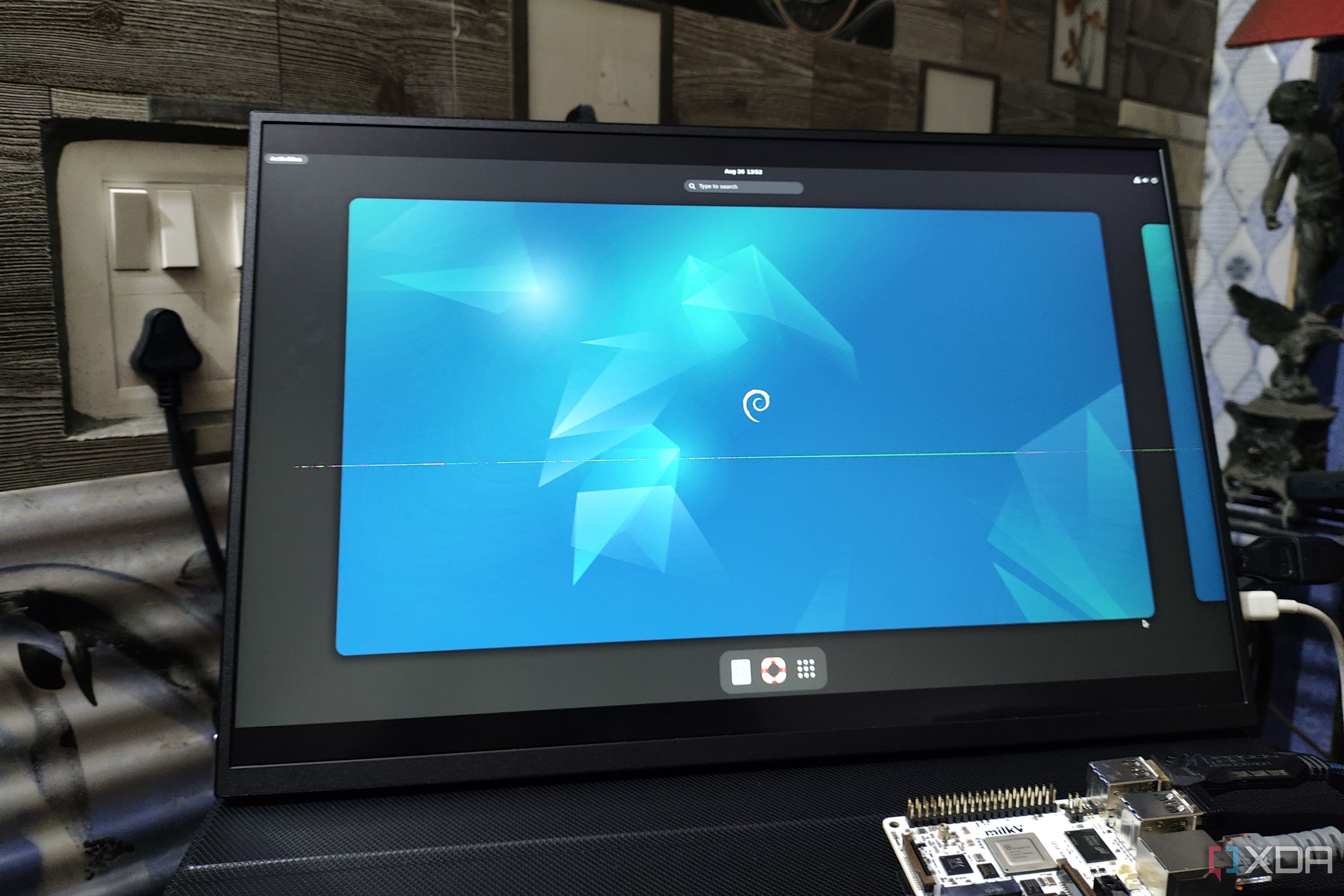
If you prefer the intuitive UI of premium NAS distros, you can even go for a general-purpose operating system and install a couple of packages to turn it into a storage server. Debian is my favorite choice for this project, as it’s extremely stable and boasts solid compatibility with most NAS-centric packages, including OpenZFS, MergerFS, SnapRAID, Samba, and Open-iSCSI.
Docker, Podman, and LXC container runtimes are also useful for tinkerers who want to host useful services on their custom-built (in more ways than one) NAS, while KVM is my go-to hypervisor for Debian-based servers. The best part? You don’t have to pay a dime to get this NAS-cum-experimentation machine up and running!
Do you also prefer free NAS distros over their paid rivals?
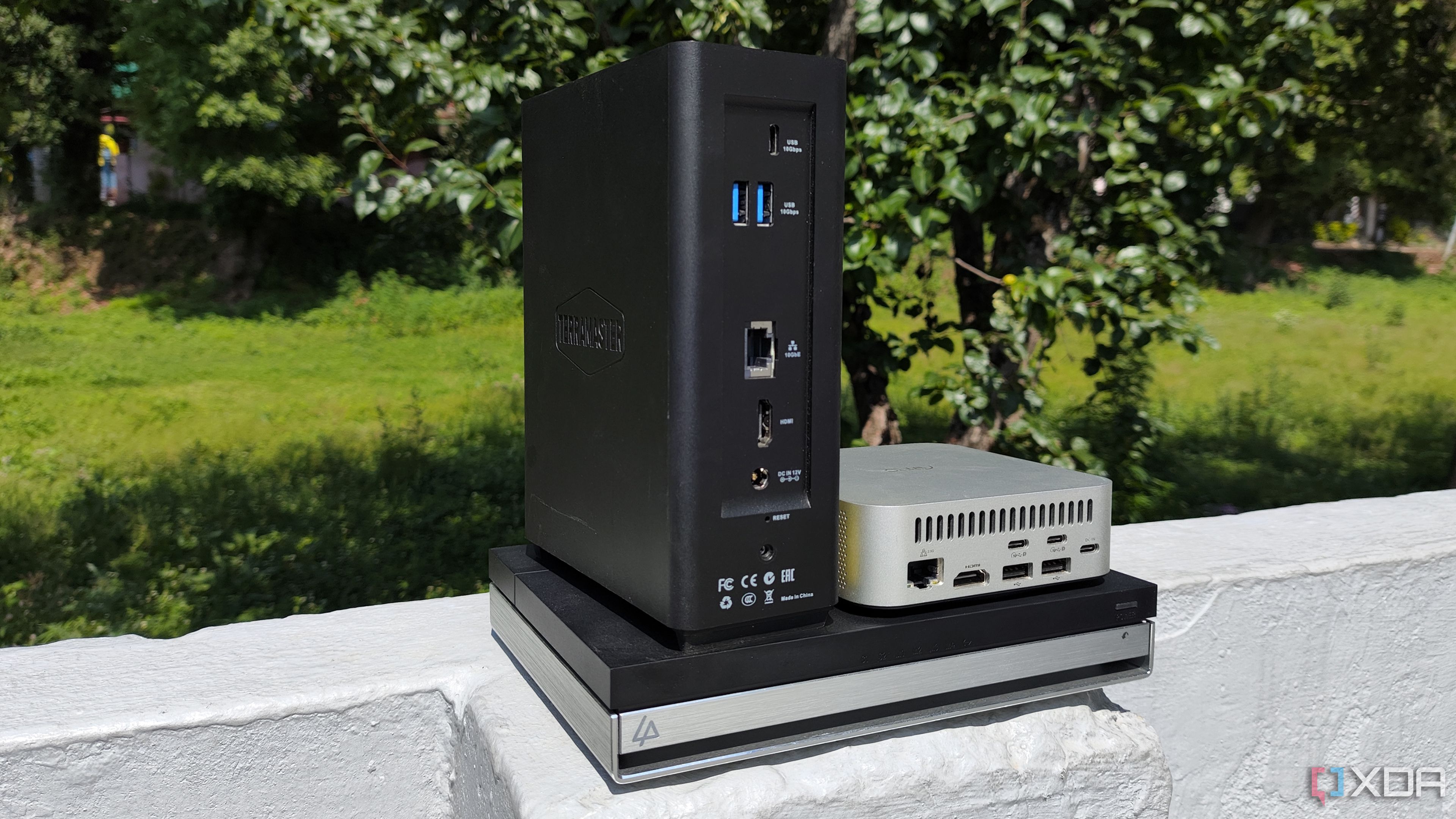
I recently wrote a piece about the aspects where Unraid surpasses TrueNAS Scale, and I still believe that plenty of improvements can be made to the latter. However, I still find it hard not to recommend the free NAS-centric operating systems. Unlike your gaming PC, your NAS hardware isn’t something you’d upgrade in years – and a decent storage server can last you more than a decade without growing obsolete. When you’re building a NAS for the first time, it’s always better to allocate every last penny to better hardware instead of spending it on software licenses. And once you become a NAS maestro, you’ll probably switch to the more complex operating systems anyway.
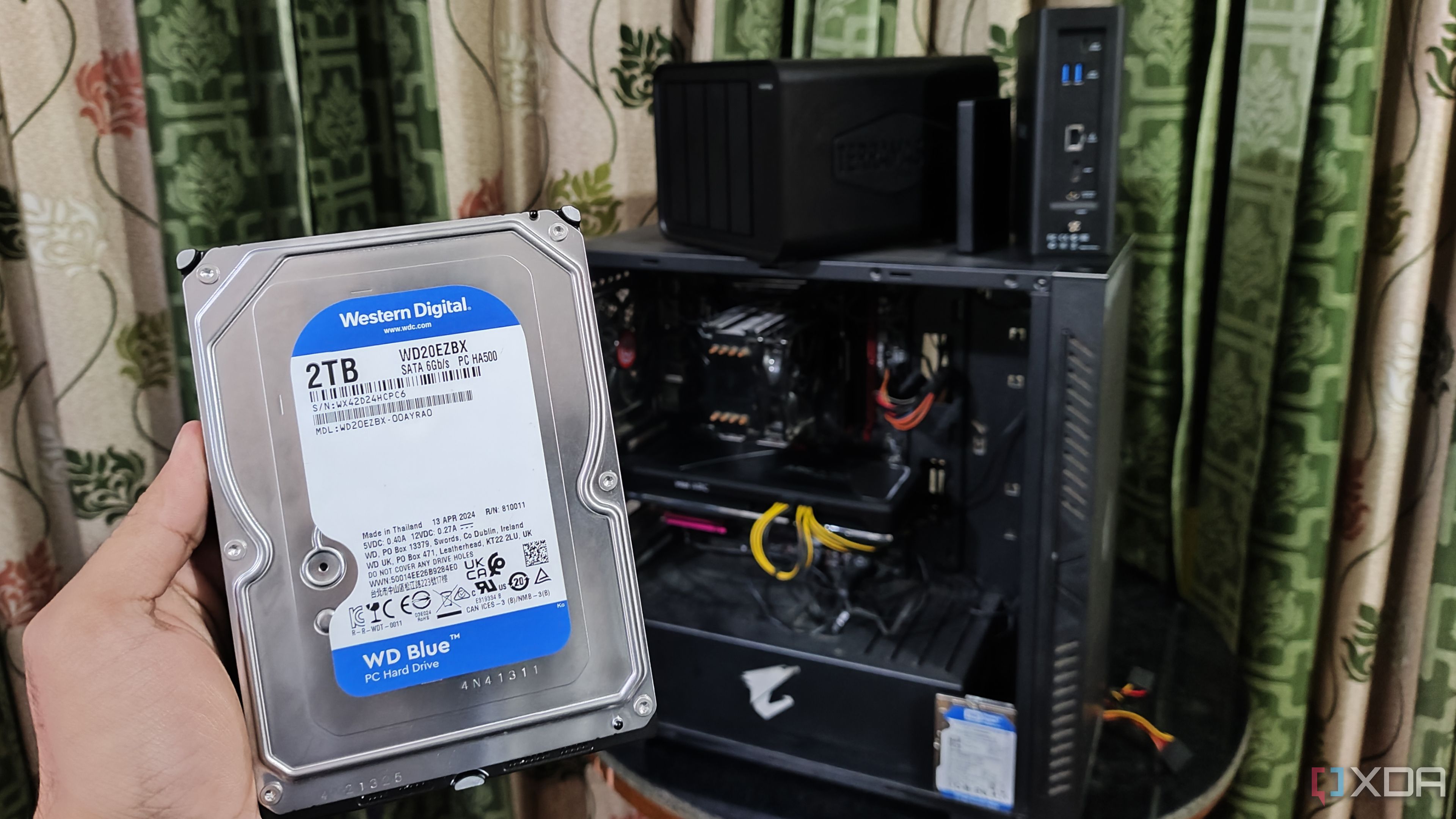
Related
I used this obscure operating system with my NAS - here's how it went
XigmaNAS is a lightweight, open-source OS that combines a FreeBSD base with the typical features you'd find in a NAS-oriented distribution
.png)









 English (US) ·
English (US) ·